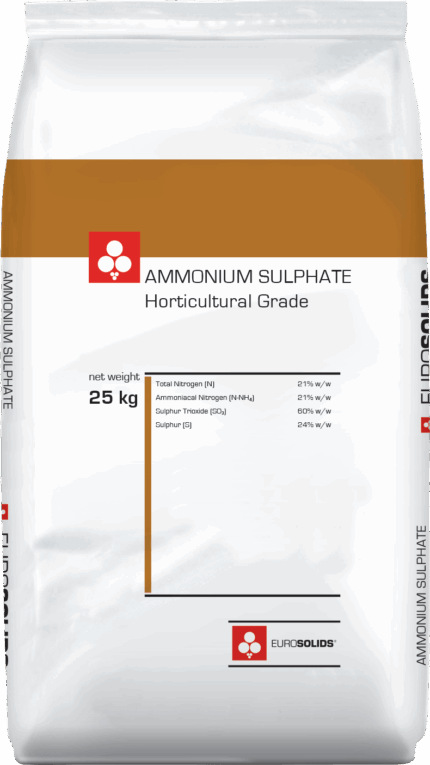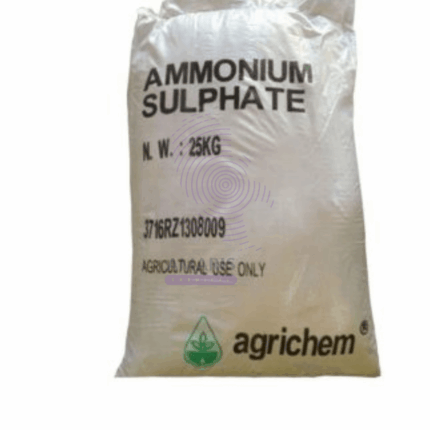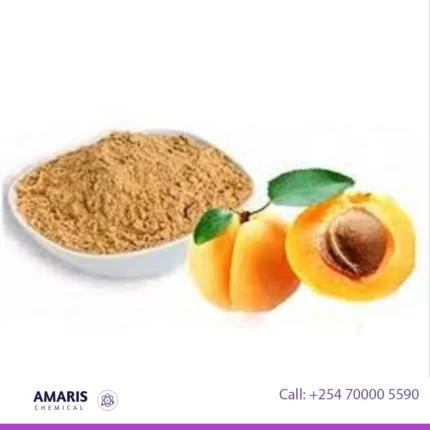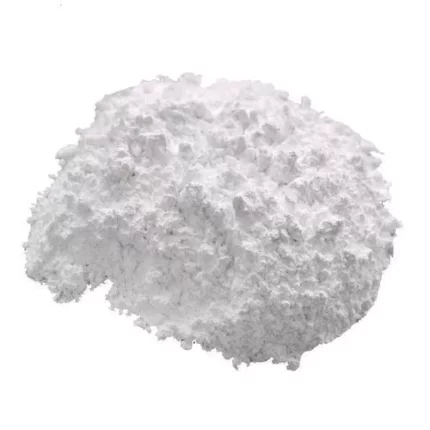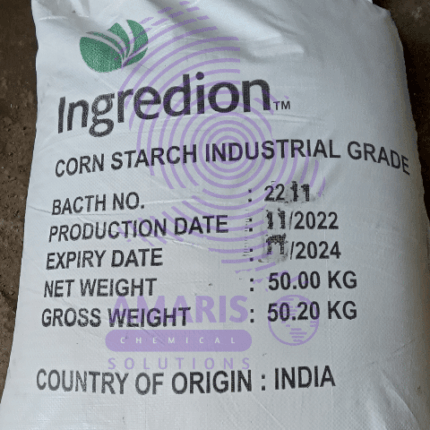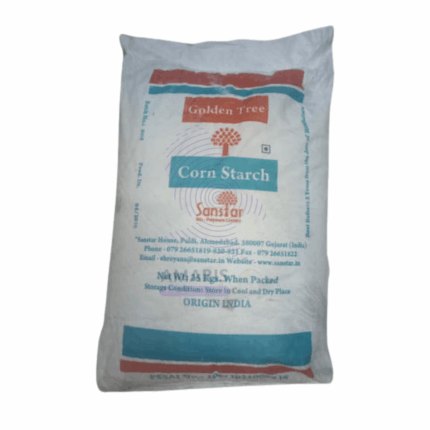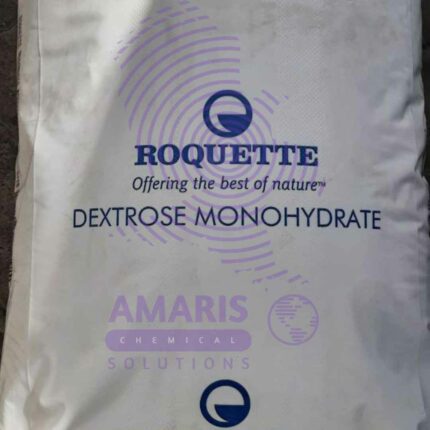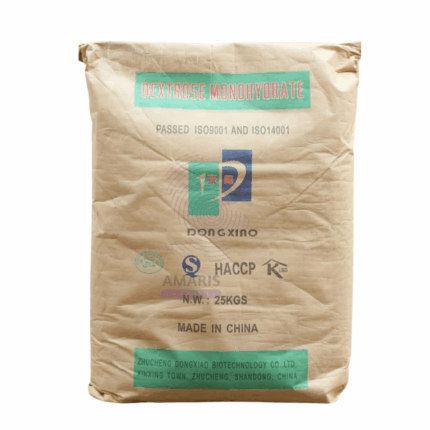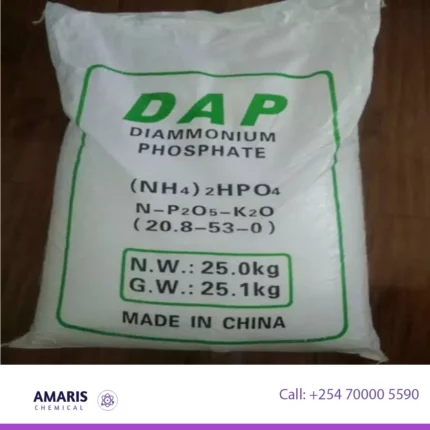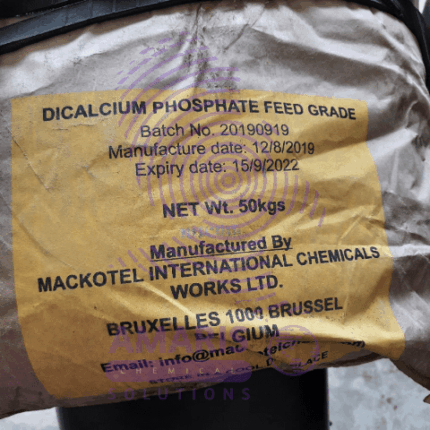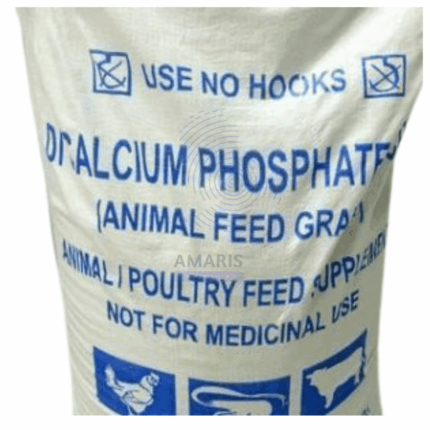Apricot Powder
Apricot powder refers to a finely ground form of dried apricots. It is made by dehydrating apricot fruits and then grinding them into a powder consistency. Apricot powder retains the natural flavor and nutritional properties of fresh apricots but in a concentrated form. It typically has a vibrant orange color and a slightly sweet and tangy taste.
Apricot powder is often used as a natural flavoring or ingredient in a variety of culinary applications. It can be added to smoothies, juices, yogurt, oatmeal, baked goods, and desserts to enhance their flavor with a hint of apricot. Additionally, apricot powder can be incorporated into spice blends, sauces, and marinades for savory dishes, adding a unique fruity note.
In addition to its flavoring capabilities, apricot powder is valued for its nutritional benefits. It is a good source of dietary fiber, vitamins (such as vitamin A and C), and minerals (such as potassium and iron). It can be used as a natural supplement to boost nutrient intake or to add nutritional value to various recipes.
Overall, apricot powder is a versatile and convenient ingredient that allows for the incorporation of the distinct flavor and nutritional qualities of apricots into a wide range of culinary creations.
Ascorbic acid
Ascorbic acid, also known as vitamin C, is a water-soluble vitamin that plays an important role in various physiological processes in the human body. It is an essential nutrient that cannot be produced by the body and must be obtained through dietary sources or supplements. Ascorbic acid acts as a powerful antioxidant, protecting cells and tissues from oxidative damage caused by free radicals. It also plays a critical role in the production of collagen, which is important for the health of skin, bones, and other connective tissues. Additionally, ascorbic acid is involved in the synthesis of neurotransmitters and the metabolism of proteins and fats. Deficiency in ascorbic acid can lead to a range of health problems, including scurvy, a condition characterized by fatigue, weakness, and bleeding gums.
Calcium Carbonate (uncoated)
Calcium Carbonate (uncoated) refers to a natural mineral substance that is composed of calcium carbonate without any additional coatings or surface treatments. It is a white, powdery material that is commonly used in various industrial applications, including the manufacture of paper, paints, plastics, and rubber products, as well as in construction, agriculture, and the food and pharmaceutical industries. Uncoated calcium carbonate is typically mined from natural deposits of limestone or chalk and is often ground into fine particles to achieve the desired particle size and purity for specific applications
Corn Starch (food grade)
Corn Starch (food grade) is a fine, powdery substance derived from the endosperm of corn kernels. It is commonly used as a thickening agent in cooking and baking, as well as in other industries such as papermaking, textiles, and adhesives. Corn starch has a neutral flavor and a translucent appearance when mixed with liquid, making it a versatile ingredient in many recipes.
Corn Starch (Industrial grade)
Corn Starch (Industrial grade) is a fine, powdery substance derived from the endosperm of corn kernels. It is commonly used as a thickening agent in cooking and baking, as well as in other industries such as papermaking, textiles, and adhesives. Corn starch has a neutral flavor and a translucent appearance when mixed with liquid, making it a versatile ingredient in many recipes.
Dextrose Monohydrate
Dextrose monohydrate is a simple sugar derived from corn starch and commonly used as a food additive or sweetener. It is a white, crystalline powder that consists of glucose molecules with one molecule of water attached. Dextrose monohydrate is chemically identical to glucose and is often referred to as a glucose monohydrate.
In the food industry, dextrose monohydrate is valued for its sweet taste, high solubility, and ability to enhance flavors. It is frequently used in the production of confectionery, baked goods, beverages, and dairy products. Dextrose monohydrate is also utilized in pharmaceutical formulations, particularly as a source of energy for intravenous solutions or in oral rehydration products.
Overall, dextrose monohydrate is a versatile and widely used ingredient known for its ability to provide sweetness, solubility, and energy, making it a valuable component in various industries.
Diammonium phosphate (DAP)
Diammonium Phosphate (DAP) is a water-soluble ammonium phosphate salt with the chemical formula (NH₄)₂HPO₄. It serves as an important source of nitrogen (18%) and phosphorus (46%), making it widely useful in agriculture as a high-efficiency NP fertilizer to promote plant growth. Beyond farming, DAP is used as a yeast nutrient in winemaking/brewing, a fire retardant in industrial applications, and a corrosion inhibitor in water treatment systems. It also finds roles in animal feed supplements, pyrotechnics, and laboratory reagents. With its alkaline pH (~8.0) and solubility, DAP is versatile but requires careful handling due to ammonia release when heated.
Dicalcium phosphate
Dicalcium phosphate is a chemical compound with the formula CaHPO4. It is commonly used as a dietary supplement for its high calcium content, as well as a food additive and a pharmaceutical excipient. Dicalcium phosphate can be produced by reacting calcium carbonate or calcium hydroxide with phosphoric acid. It exists in various forms, including anhydrous and dihydrate, and is commonly used in the production of fertilizers, animal feed, and dental products.



 LABORATORY EQUIPMENT & APPARATUS
LABORATORY EQUIPMENT & APPARATUS
 Fertilizers
Fertilizers Plant Growth Regulators
Plant Growth Regulators Soil Conditioners
Soil Conditioners Animal Feed Additives
Animal Feed Additives Biostimulants
Biostimulants Dough Conditioners
Dough Conditioners Flour Treatments
Flour Treatments Fat Replacers
Fat Replacers Preservatives (baking)
Preservatives (baking)
 Surfactants (cleaning)
Surfactants (cleaning) Builders
Builders Bleaching Agents
Bleaching Agents Enzymes
Enzymes Solvents (cleaning)
Solvents (cleaning) Fragrances
Fragrances









































